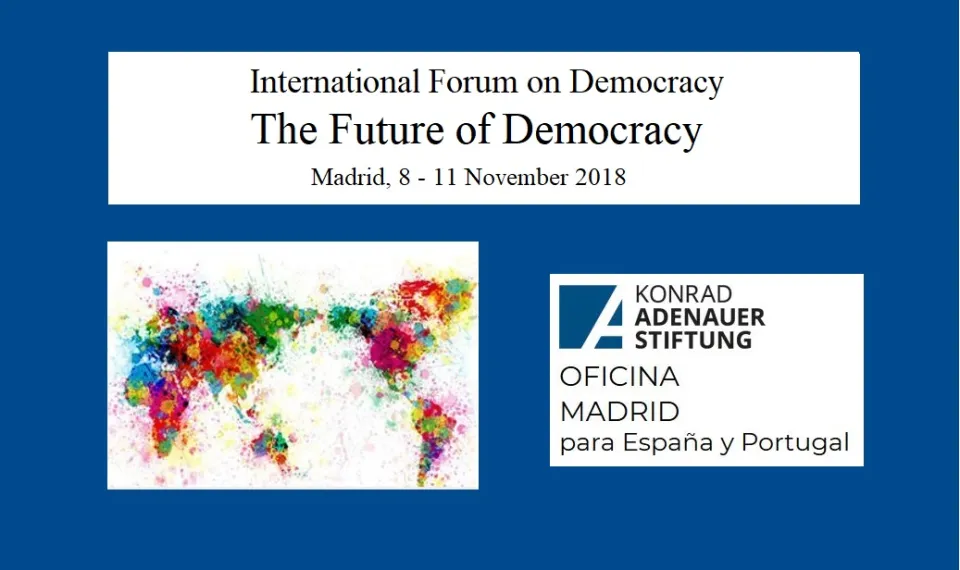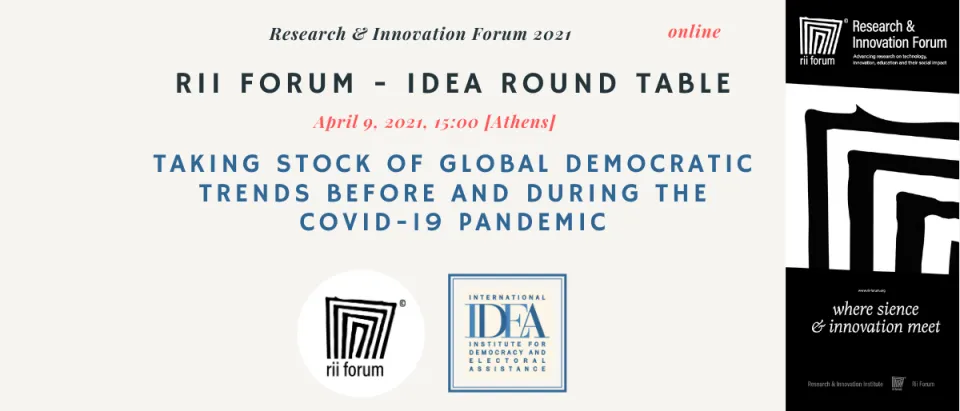Democracy, free markets and social change in Europe since the fall of communism: public opinion and expert views by Pew Research Center and International IDEA

Worries about the future cloud views of democracy. Public opinion and democratic quality in Eastern Europe
Thirty years after the fall of Communism, substantial shares of Eastern European citizens worry about the functioning of their country’s political systems and issues like inequality. This is a key finding from a new Pew Research Center survey conducted in 17 Central, East and West European countries and the United States in August 2019. These public concerns are reflected in the assessments of country experts underpinning International IDEA's forthcoming Global State of Democracy Report.
On 23 October 2019, Richard Wike, Director of Global Attitudes Research at the Washington-based Pew Research Center visited International IDEA headquarters in Stockholm to share some fascinating details of this survey. The Pew survey covers a broad array of topics, including views about the transition to multiparty politics and free markets, democratic values, the EU, the role of Germany, European political leaders, life satisfaction, economic conditions, gender equality and minority groups. While most Central and East Europeans approve the transition to democracy and market economy, less people are enthusiastic about the economic changes and the functioning of today's political systems.
When asked about their top priorities, most citizens say it is very important to have a fair judiciary in their country. In contrast with Central and Eastern Europeans, Western Europeans tend to attach a higher priority to gender equality. These popular priorities broadly correspond to the scales of deficiencies identified by the Global State of Democracy (GSoD) Report which analyses the quality of democratic institutions. The Report finds that the countries of the Pew Survey exhibit particularly large deficits in the areas of judicial independence, social group equality and impartial administration. However, as Martin Brusis, Senior Programme Officer at International IDEA, noted in his comment, the quality of democratic governance varies across countries and is positively correlated to citizens' preferences. In other words, some democracies have also been responsive to citizens' priorities with regard to judicial fairness, gender equality and other democratic values.



